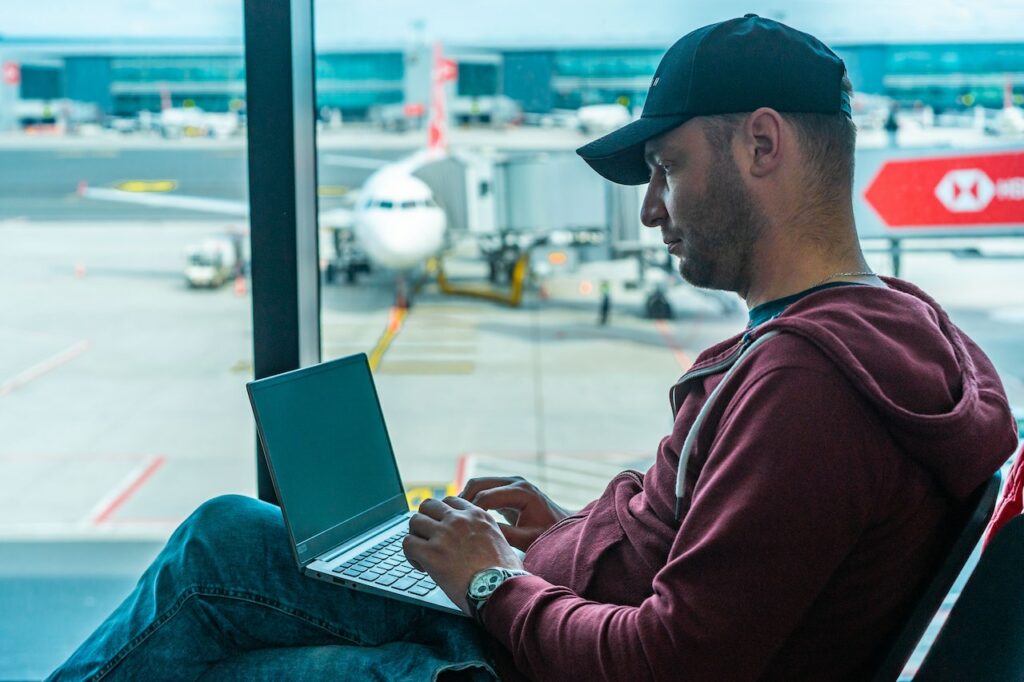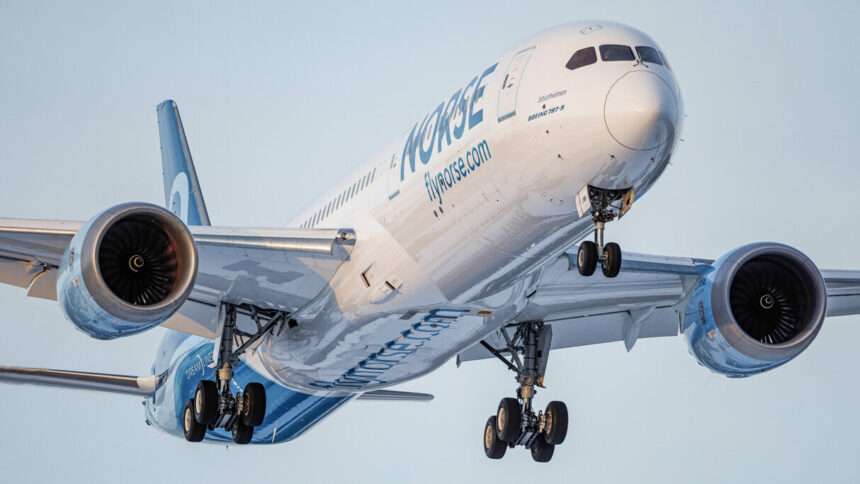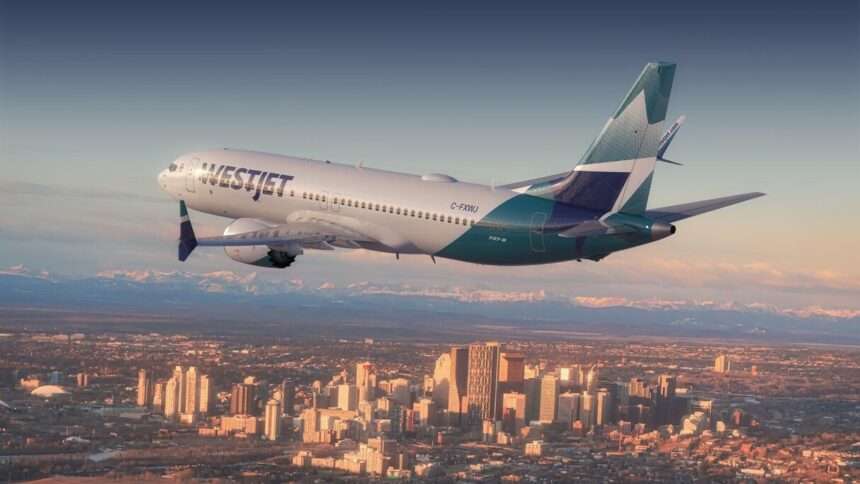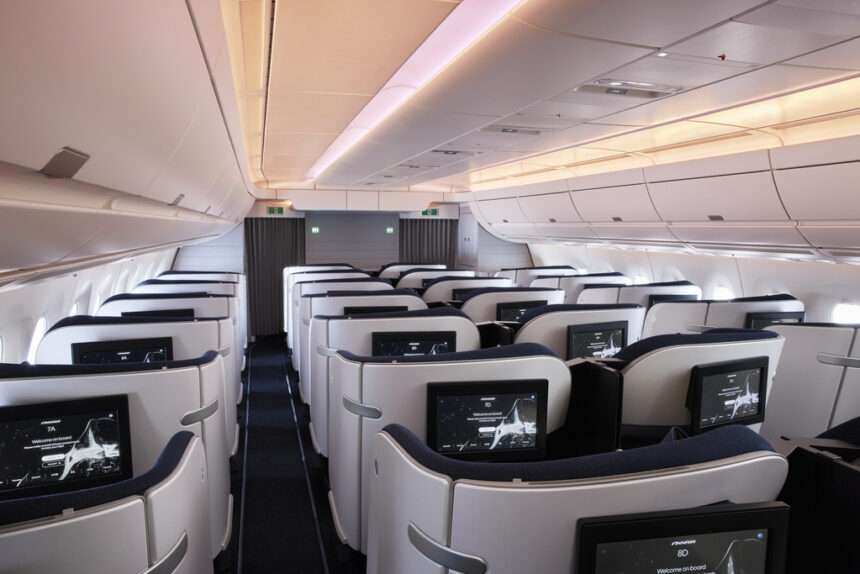According to recent reports by the BBC, airlines are facing a rise in online scams involving fake social media accounts fraudulently impersonating airlines.
Notable amongst these scams is the rise of these fraudulent accounts on the social media platform X, formerly Twitter.
It was reported that bogus accounts have been detected impersonating every major airline which operates in the United Kingdom.
With reporting of these fraudulent accounts on X only having a limited effect, this has exacerbated the effectiveness of these scam accounts in fooling airline customers.
Rise in Consumer Fraud
Consumer group Which? recently called on the next UK Prime Minister to appoint a dedicated fraud minister. According to the consumer watchdog, scams and related fraudulent activity is the UK’s most common crime.
“Fraud continues to blight the lives of millions of consumers and accounts for around 40 per cent of crimes committed in England and Wales,” said Which? in a recent statement.
Losses to general scams and fraud last year once again exceeded £1 billion – equivalent to £2,300 stolen every minute, according to figures from UK Finance.
The travel industry is finally taking off again after a long period of turbulence. But alongside the surge in passenger numbers, airlines have faced a rising challenge: a skyrocketing number of social media scams.
Social media scammers will typically employ automated bots to scan social media posts to find customers reaching out to airlines online.
They will then represent themselves as being the online customer service account for that airline.
The general goal of airline scammers is always the same: to trick travelers into giving up personal information or clicking on malicious links.

Fake Airline Accounts: False Promises
Imagine this: your flight gets canceled, leaving you stranded and scrambling for rebooking options. You reach out to the airline’s social media account, desperate for a solution.
A “customer service representative”, seemingly affiliated with the airline, responds immediately, offering assistance.

This quick response, compared to the potentially slow response from the real airline, often makes the scammers seem more helpful at first glance.
Unfortunately, many air travellers are discovering that such “helpful” accounts are often turning out to be cleverly crafted fakes.
By creating social media profiles that mimic the look and feel of legitimate airline accounts, scammers lure unsuspecting travelers into a trap.
Once trust is established, they might offer fake rebooking options or request personal details for “verification” purposes.
This information, including credit card numbers and passwords, can then be used for fraudulent activities.

Global Threat, Local Impact
This isn’t just a problem for a specific region; airlines worldwide are being targeted by these social media scams. The ease of creating fake accounts and the widespread use of social media make this a global issue.
The bad news? Reporting these fake accounts to social media platforms hasn’t always been successful. Platforms like X are slow to respond to complaints, if at all.
Moreover, platforms often struggle to keep up with the constant creation of new fake profiles.
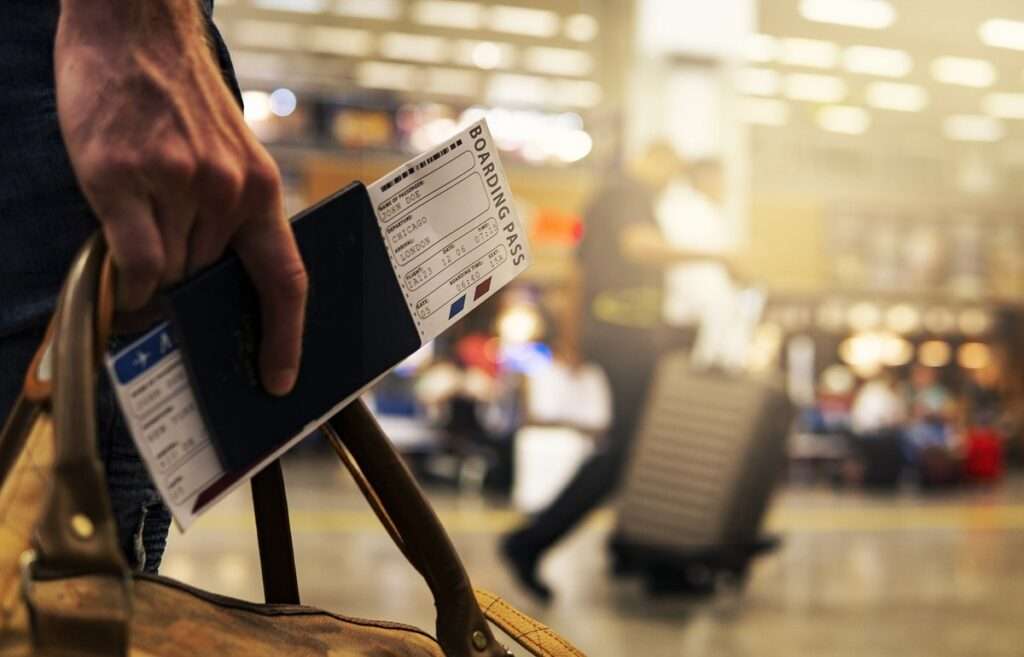
How to Avoid Social Media Scams
So, how can the average air traveller avoid falling victim to these scams and ensure a smooth travel experience? Here are some essential tips:
- Be Verification Savvy: Airlines will typically have a verified badge on their social media profiles. Look for this verification first before interacting with any account.
- URL Vigilance: Always double-check the web address (URL) before entering any personal information on a website. A legitimate airline website will have a secure URL that starts with “https” and displays a padlock symbol.
- Social Media Secrecy: Never share sensitive information like credit card details or passwords over social media.
- Contact the Source: If you’re unsure about the legitimacy of a social media account, contact the airline directly through their official website or phone number listed on their website.
By following these simple steps, you can protect yourself from social media scams and ensure a safe and secure travel experience.
Remember, when it comes to social media interactions with airlines, if something seems too good to be true, it probably is. So, stay vigilant, fly smart, and enjoy your journey!

Click the banner to subscribe to our weekly newsleter.
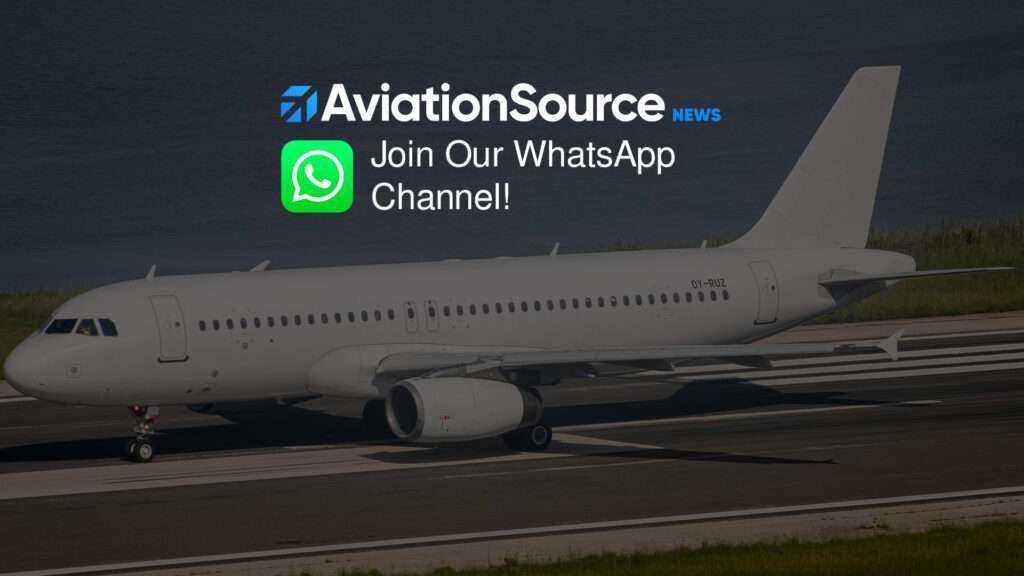
Click the photo to join our WhatsApp channel so then you can stay up to date with everything going on in the aviation industry!





